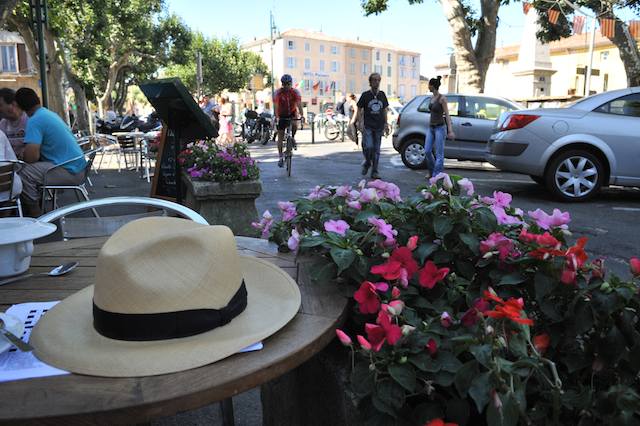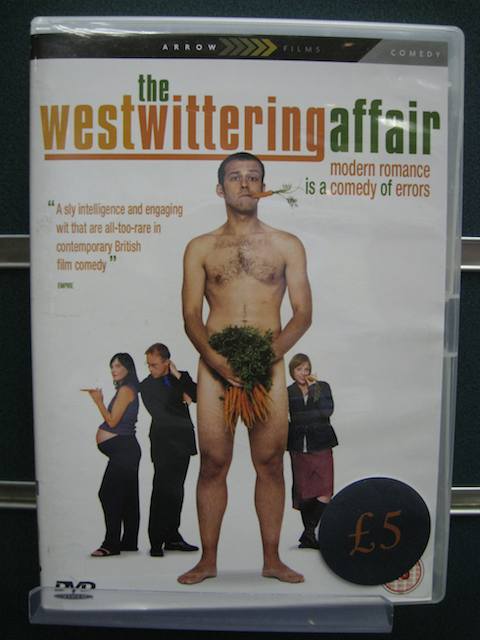As it happens, Henry Louis ‘Skip’ Gates is a Cambridge man (he did a PhD in English at Clare College), so my ears pricked up when I read about the fracas in which he was arrested for breaking into his own house in a leafy suburb of Cambridge, Mass. It turns out that the story also made Stanley Fish sit up and take notice. After which he wrote a terrific OpEd piece in the NYT.
I’m Skip Gates’s friend, too. That’s probably the only thing I share with President Obama, so when he ended his press conference last Wednesday by answering a question about Gates’s arrest after he was seen trying to get into his own house, my ears perked up.
As the story unfolded in the press and on the Internet, I flashed back 20 years or so to the time when Gates arrived in Durham, N.C., to take up the position I had offered him in my capacity as chairman of the English department of Duke University. One of the first things Gates did was buy the grandest house in town (owned previously by a movie director) and renovate it. During the renovation workers would often take Gates for a servant and ask to be pointed to the house’s owner. The drivers of delivery trucks made the same mistake.
The message was unmistakable: What was a black man doing living in a place like this?
At the university (which in a past not distant at all did not admit African-Americans ), Gates’s reception was in some ways no different. Doubts were expressed in letters written by senior professors about his scholarly credentials, which were vastly superior to those of his detractors. (He was already a recipient of a MacArthur fellowship, the so called “genius award.”) There were wild speculations (again in print) about his salary, which in fact was quite respectable but not inordinate; when a list of the highest-paid members of the Duke faculty was published, he was nowhere on it.
Gates went on to a tenured Chair at Harvard, which is where, presumeably, Obama got to know him. Fish goes on to link the episode (and the arresting policeman’s mindset) to the strange tribe of fanatics — the birthers — who are obsessed with trying to prove that Obama was not born in America but in Kenya, and is therefore ineligible to be president. Professor Gates committed the sin of being HWB (Housed While Black). Obama has committed an even bigger sin in the eyes of birther bigots — he’s not only WHWB but PWB.
This isn’t just a phenomenon in the US btw. I know from anecdotal evidence that one way to receive a lot of unwanted police attention in the UK is to be a black man driving a Porsche or an upmarket BMW.





